Freelancers and creative professionals often operate with irregular income streams, diverse projects, and tax-deductible expenses. Managing finances can quickly become overwhelming without proper support. Outsourced bookkeeping provides a tailored solution, allowing freelancers to stay organized, maximize their tax benefits, and focus on their craft.
Unique Bookkeeping Challenges for Freelancers
Freelancers and creative professionals face distinct financial challenges that require specialized bookkeeping solutions:
1. Irregular Income Streams
Freelancers often have inconsistent cash flows, making it difficult to plan expenses or save for taxes. This is where partnering with industry bookkeeping experts can provide valuable assistance by offering strategies to stabilize cash flow and manage tax obligations effectively.
2. Deductible Expenses
Tracking deductible expenses, such as software subscriptions, travel, or office supplies, is crucial for minimizing your tax liability. For instance, consider a small retail business that needs to manage its overhead costs, including inventory purchases and utility bills. A skilled Retail bookkeeper not only helps categorize these expenses accurately but also ensures they align with tax-deductible criteria. This level of accurate recording can prevent missed opportunities for tax savings while maintaining clear records that simplify the filing process.
By drawing from practices like these, your business, regardless of its industry, can maximize deductions and improve overall financial health.
3. Invoicing and Payment Management
Creating invoices, tracking payments, and following up on overdue accounts can consume valuable time that freelancers could spend on their core work. Outsourcing these tasks simplifies the invoicing process, ensures payments are received on time, and reduces the stress of managing accounts. Tailored bookkeeping services for freelancers address these specific challenges, allowing them to focus on growing their business while leaving the financial details in expert hands.
How Outsourced Bookkeeping Helps Freelancers Stay Organized
Outsourcing bookkeeping offers freelancers a reliable way to manage their finances and save time:
Accurate Expense Tracking
Outsourced bookkeepers ensure all deductible expenses are recorded accurately, helping freelancers minimize tax liability.
Simplified Invoicing
Bookkeeping services often include invoicing support, ensuring timely billing and payment tracking, while automating recurring invoices.
Tax Filing Assistance
Filing taxes can be complex, especially when managing varying income sources. Outsourced services provide valuable support to freelancers by ensuring compliance and maximizing deductions. Just like bookkeepers for the healthcare industry plays a crucial role in maintaining tax compliance by accurately managing expenses and income streams. This same level of expertise can help freelancers navigate the complexities of tax filing with confidence.
Tax Benefits for Freelancers Using Outsourced Bookkeeping

One of the greatest advantages of outsourcing bookkeeping for freelancers is the ability to maximize tax savings:
- Identifying Deductions: Professional bookkeepers ensure all eligible deductions are claimed, from home office expenses to travel costs.
- Avoiding Penalties: Outsourced services help freelancers meet tax deadlines and avoid costly penalties.
- Quarterly Tax Payments: Bookkeepers calculate and prepare quarterly tax payments, ensuring freelancers stay on top of their obligations.
Freelancers benefit from tax compliance strategies similar to those outlined in bookkeeping for tech startups, where accuracy is vital for investor relations and funding rounds.
Best Tools for Freelancers Leveraging Outsourced Bookkeeping
Technology plays a key role in making bookkeeping seamless for freelancers. Commonly used tools include:
Cloud Accounting Software
QuickBooks, Xero, and FreshBooks allow freelancers to access financial data in real time and collaborate with their bookkeepers remotely.
Invoicing Tools
Platforms like Wave or Zoho Invoice streamline billing and payment tracking, integrating directly with bookkeeping services.
Expense Management Apps
Apps like Expensify and Receipt Bank help freelancers track and categorize expenses effortlessly.
Automation Software
Tools that automate recurring payments or expense tracking save freelancers time and reduce errors.
Outsourced providers use these tools to streamline operations and provide freelancers with accurate, actionable insights into their finances.
How to Choose the Right Bookkeeper for a Freelancer

Selecting the right bookkeeping partner is crucial for freelancers who need tailored support. Here’s what to consider:
1. Experience with Freelancers
Look for bookkeepers who have experience working with creative professionals and understand their unique challenges.
2. Transparent Pricing
Freelancers often work with tight budgets, so it’s important to choose a service that offers clear and affordable pricing.
3. Integration with Tools
Ensure the service integrates with the financial tools you already use, such as accounting or invoicing software.
4. Data Security
With sensitive financial information at stake, choose a service that prioritizes security, using encryption and other protective measures.
Freelancers can maximize the benefits of these services by working with a certified bookkeeper, who ensures accuracy and compliance with tax regulations.
Conclusion
Outsourced bookkeeping is a game-changer for freelancers and creative professionals, offering a streamlined approach to financial management. By leveraging expert support and modern tools, freelancers can save time, maximize tax deductions, and focus on what they do best. Tailored services ensure accuracy and compliance, helping to avoid common pitfalls like late filings or overlooked deductions. Whether it’s handling invoicing or providing tax-saving strategies, outsourcing can ensure your finances are in capable hands.


